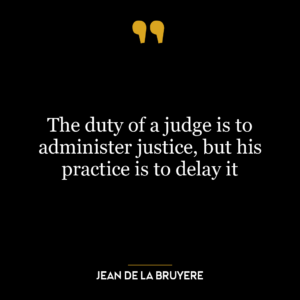This quote speaks to the idea of personal integrity and the practice of patience and understanding towards those who do not share the same virtues. It encourages us to live our lives authentically, guided by the principles of truth and justice. Truth here refers to being honest and genuine in our actions and words, not deceiving others or ourselves. Justice means treating everyone fairly, standing up for what is right, and making decisions that are morally and ethically sound.
The second part of the quote advises tolerance towards those who do not uphold these values. It recognizes that not everyone will share the same commitment to truth and justice, and instead of responding with anger or disdain, we should exhibit patience and understanding. This tolerance does not mean accepting or endorsing dishonesty or injustice, but rather coexisting peacefully and respectfully with such individuals.
Applying this quote to today’s world, we can see its relevance in various contexts. In the face of fake news and misinformation, it encourages us to seek truth and promote it. Amidst social injustices, it calls us to stand up for fairness and equality. It also guides us in navigating relationships and interactions with those who might not share these values, suggesting a tolerant approach rather than a confrontational one.
In terms of personal development, this quote can serve as a guiding principle. It encourages us to cultivate honesty and fairness in all aspects of our lives, from our relationships to our work. It also teaches us to develop patience and tolerance, which are key to maintaining peace and harmony in our interactions with others. By living out our lives in truth and justice, we not only foster personal growth but also contribute positively to our communities and societies.







